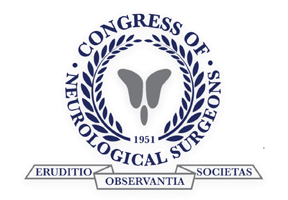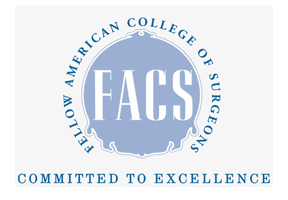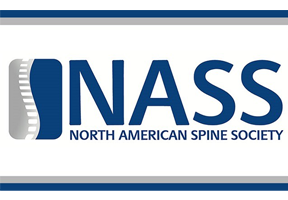When you think of “diagnostic imaging,” you probably think of exams like X-rays, CT Scans, or MRIs. These advanced technologies allow doctors to take a noninvasive look at a patient’s internal structures to uncover complications and determine the next steps in treatment.
Another diagnostic imaging technique neurosurgeons rely on is the myelogram, sometimes called myelography.
What is a Myelogram?
A myelogram involves contrast dye and either X-ray or CT scan technology to examine your spinal canal and show problems with the spinal cord, nerves, discs, and other surrounding tissues. Your doctor can gather a clear picture of your spine and pinpoint specific complications related to the canal based on your myelogram results.
You may undergo a myelogram for issues like:
- Arachnoiditis
- Bone spurs
- Brain tumors
- Herniated discs
- Infections
- Nerve damage
- Spinal cysts
- Spinal stenosis
- Spinal tumors
What to Expect from a Myelogram Procedure
Myelograms are more involved than other diagnostic imaging procedures. For your safety, your doctor will ask the following before ordering the exam:
- Current medications, including antibiotics or blood thinner therapies
- Medical history
- Food or drug allergies
- Whether you are pregnant
Clothing: Leave all metal accessories at home and wear loose, comfortable, metal-free clothing to your exam. You may be asked to change into a gown.
Driving: You must bring a driver to your exam as you cannot operate a vehicle following the exam.
Eating/Drinking: Do not eat at least 3 hours before your exam. Unless your doctor has instructed otherwise, you may drink fluids and take medication according to your schedule.
You will begin the exam facedown on a padded table. Your radiologist will sterilize your back and inject a numbing agent (local anesthetic) into an area. With another injection, your radiologist will remove an amount of spinal fluid before adding the contrast dye to the canal.
Next, your radiologist will conduct the exam’s X-ray or CT scan portion.
Most exams take 30-45 minutes to complete. In most cases, you will remain under medical supervision, lying flat for up to 2 hours following the exam to ensure your health and safety. Once you are released, it is important to stay hydrated and rest for the remainder of your day.
Georgia Neurological Institute’s diagnostic imaging facility in Macon, GA, carries out thorough myelograms.
GNI offers faster test results, fewer office visits, assessment consistency, and faster follow-up imaging after an operation. Let our team perform thorough imaging and create a trusted action plan around our findings. Schedule a consultation with us today: 478-743-7092
Related Articles







